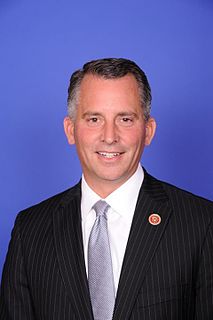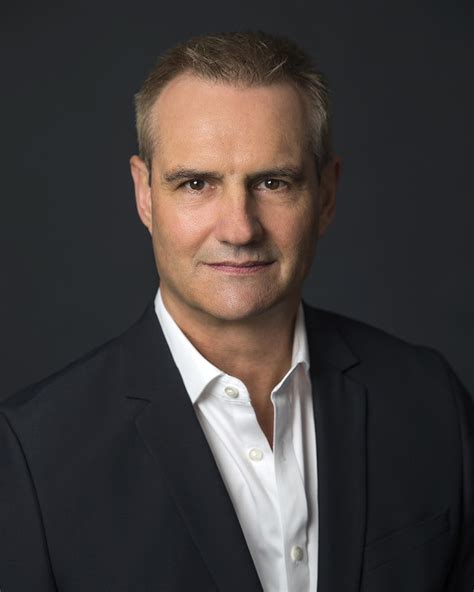A Quote by Thomas Pogge
Companies are actually much better than governments and other bureaucracies at organizing in a holistically efficient way the extremely complex path from the examination of molecules all the way to the delivery of medicines to patients. Already in the conception and selection of research projects, companies would anticipate all the challenges down the line that they will need to overcome in order to achieve actual health impact. Bureaucratic organizations, by contrast, are notoriously bad at this sort of optimizing.
Quote Topics
Achieve
Actual
Actually
Anticipate
Bad
Better
Bureaucratic
Challenges
Companies
Complex
Conception
Contrast
Delivery
Down
Efficient
Examination
Extremely
Governments
Health
Impact
Line
Medicines
Molecules
Much
Need
Order
Organizations
Organizing
Other
Overcome
Path
Patients
Projects
Research
Selection
Sort
Than
Way
Will
Would
Related Quotes
If the Health Impact Fund were to be instituted, a single company would be in charge of a medical product all the way from its conception to the health improvements realized by actual patients. The company would be paid for health impact, and it would have to arrange the entire pipeline in between - all the steps of invention, of clinical testing, of getting marketing approval in many different countries, of wholesalers and retailers and prescriptions and so on - in a holistically optimal way.
Competing companies evolve toward efficiency as the more efficient ones profit and expand while those who fall behind fail. And companies being efficient and profiting under the Health Impact Fund, this is exactly what we want, because the company's profit is directly driven by the health impact its registered products achieve.
To improve global health, it's not enough just to have a really good new product and to obtain marketing approval. You still need to market the product and bring it to patients, follow up, create the infrastructure, and so on - the whole pipeline, the network. That's something that companies are extremely good at: organizing a whole pipeline in a cost-effective way.
Now that we've discovered how to actually develop policies and projects holistically, if we can get the barriers out of the way and release the creativity that's in our universities, our farming organizations, amongst our farmers and land managers, we'll be astounded. As I'd like to express it, the human spirit will fly.
It's easy to complain that pharmaceutical companies place profits over people and apparently care more about hair loss than TB. However, many in the pharmaceutical industry would be glad for the opportunity to reorient their research toward medicines that are truly needed, provided only that such research is financially sustainable.
Providing clean, efficient solar/electric generators to industries such as oil companies, spanning from film and event production, construction, disaster relief, agriculture, forestry, and nonprofit organizations. We're literally helping green oil companies, helping them find ways to pollute less while creating jobs. When I look at the breadth of positive impact these technologies can have, I truly get excited. Imagine a generator where ZERO fuel is used!




































